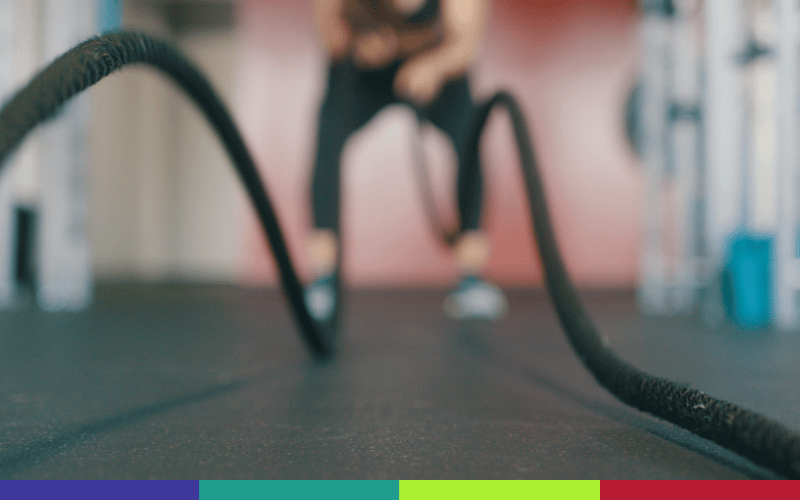
Every athlete is familiar with loss of muscle fitness following an extended break in training. It's called "detraining" or "deconditioning". It occurs rapidly. For aerobic athletes, after two weeks of no training there is a measurable drop in VO2max. After four weeks, there can be a 6% drop; after 9 weeks a 19% drop. As we age, detraining occurs even more rapidly. Even though deconditioning is very discouraging, what is amazing is your muscles have developed sophisticated mechanisms to help us get back to our previous level of fitness in a much shorter time. The mechanism is called "muscle memory". Although a muscle may not be used for an extended period of time the muscle retains a heightened sensitivity to exercise when it has previously been trained.
What causes muscle memory? How long does it last?
A recently published study provides new answers and insights. In the study, 19 men and women (average age 25) underwent 10 weeks of strength training in a single limb. The other limb served as a control. This was followed by 20 weeks without training. After 20 weeks a resistance exercise session was performed in both legs and multiple parameters including genes and metabolic signals involved in muscle growth and performance, were measured to determine if they were influenced by previous training. The scientists found genes involved in muscle adaptation, including protein synthesis, were impacted by previous training. They were quickly reactivated even after 20 weeks of no training, which may explain the biochemical basis of "muscle memory".
This study involved a deconditioning interval of 20 weeks in younger individuals. The obvious questions to be answered are how long muscle memory is maintained and what is the impact of age.
0 comments